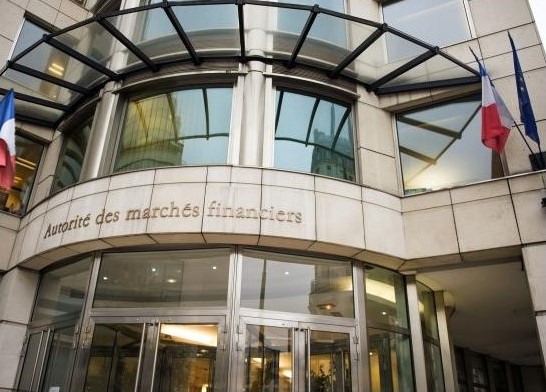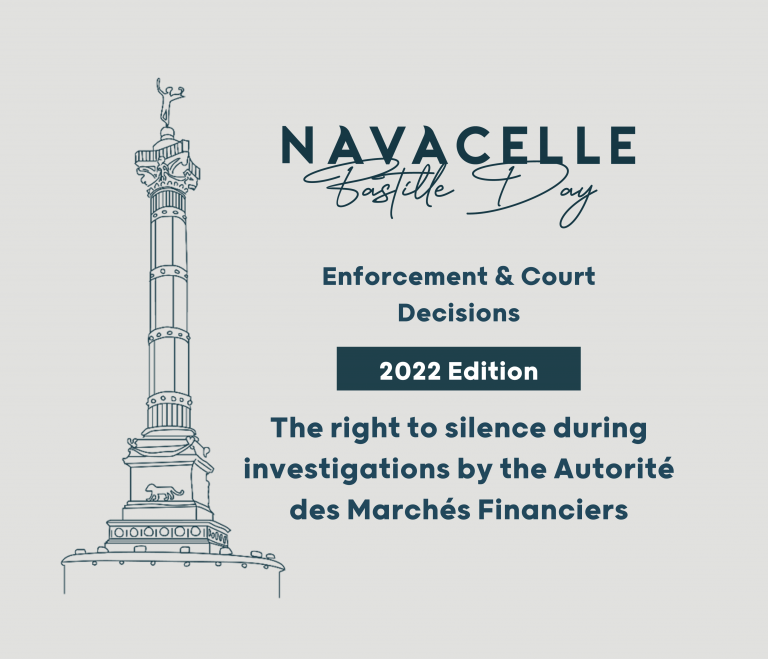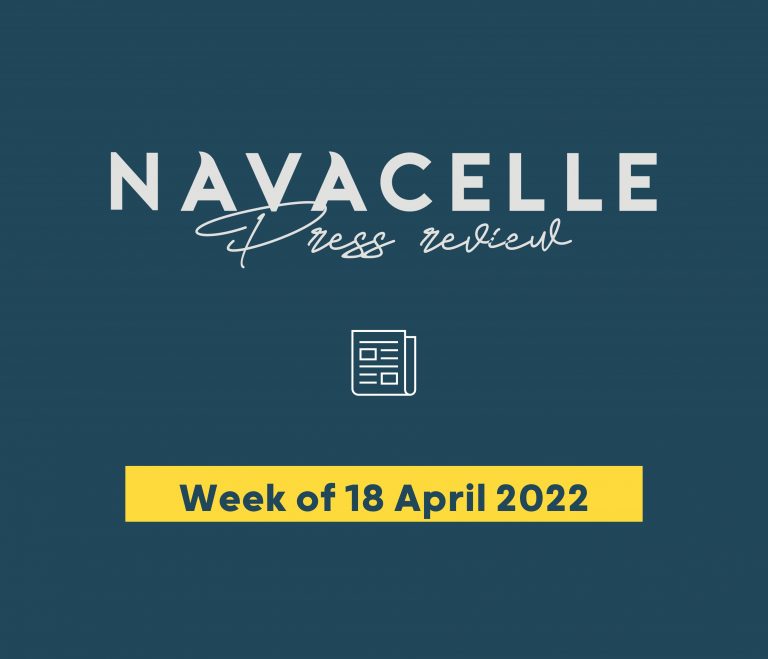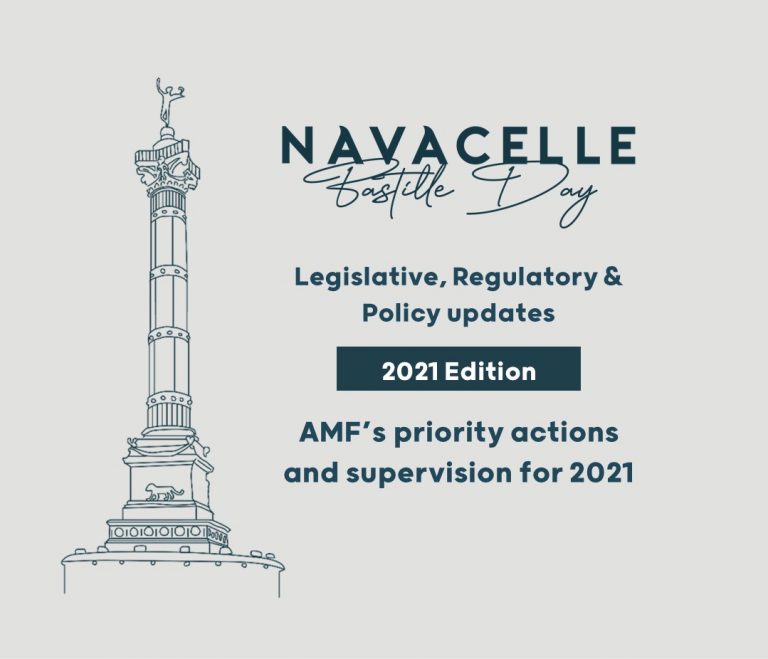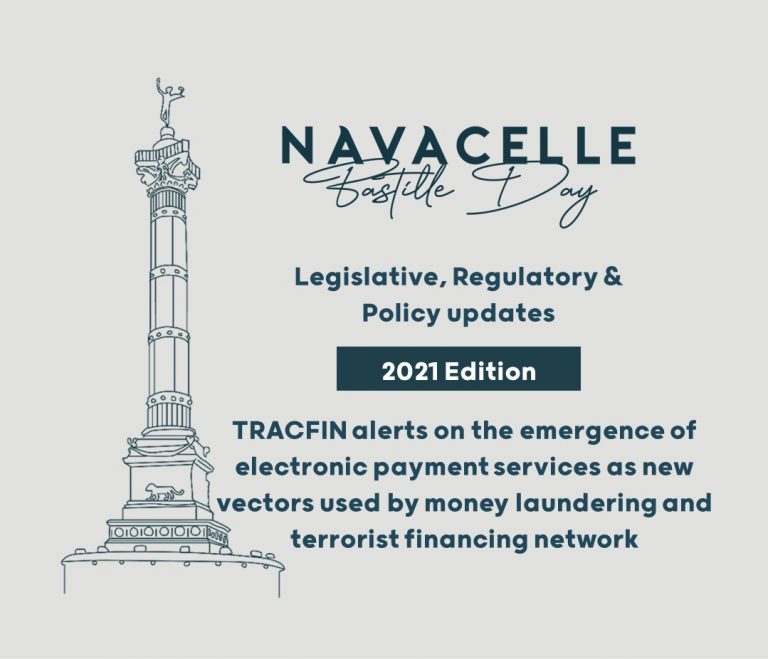The case that gave rise to the Constitutional Court’s decision stems from an AMF control of a professional regulated by this authority. As part of their investigation, AMF inspectors asked the professional, a portfolio management company, and three other unregulated companies which were part of the same group, to disclose their ledgers. However, the three companies refused to provide the requested documents. In its decision of 19 November 2019, the AMF Enforcement Committee ruled that this refusal constituted obstruction to AMF investigations within the meaning of Article L. 621-15, II, f of the CMF. The companies targeted by the AMF inspectors requests were respectively fined to 50,000 euros, 10,000 euros and 20,000 euros.[1]
These companies challenged the AMF Enforcement Committee before the Paris Court of Appeal and also sought a preliminary ruling on constitutionality (“question prioritaire de constitutionnalité, “QPC”), which the court declared inadmissible on the grounds that such request was not filed to the court in a reasoned written statement separate from the appeal on the merits in due time. The Court of Appeal also dismissed on the merits the appeal that was lodged by the three unregulated companies which then referred the case before the French Supreme Court (“Cour de cassation”) while raising at the same time a QPC using the same arguments, in compliance with the formal requirements imposed by the Constitution.[2]
On 4 November 2021, the French Supreme Court referred the QPC to the Constitutional Court, asking for a ruling on the conformity of paragraph II f and paragraph III c of Article L. 621-15 of the CMF, in the version resulting from the Act of 9 December 2016 on transparency, the fight against corruption and the modernisation of economic life with the rights and freedoms guaranteed by the Constitution.[3]
Article L. 621-15, II, f of the CMF provides that the AMF may impose a sanction on “any person who, in the course of an investigation or inspection carried out pursuant to Article L. 621-9(I), at the request of the investigators or inspectors and subject to the preservation of a legally protected secret enforceable against the AMF, refuses to give access to a document of any kind, regardless of the medium, and to provide a copy, refuses to provide information or to respond to a subopena, or refuses to give access to business premises”.[4]
Article L. 621-15, III, c of the CMF provides that the AMF can impose a financial penalty, up to 100 million euros or ten times the amount of the benefit derived from the breach, against any person other than market professionals who commit market abuse.[5]
The applicants had raised four potential non conformities with the Constitution. First, they argued that these provisions introduced a blatantly excessive penalty and did not clearly define the offence punished, in breach of the principles of legality of offences and penalties and proportionality of penalties.[6] Second, they argued that the possibility of combining the administrative penalty provided for in the above-mentioned article with the criminal penalties provided for in Article L. 642-2 of the CMF for obstructing an AMF inspection or investigation was contrary to the principle of the necessity of offences and penalties.[7] They then argued that the AMF sanctioning unregulated person was contrary to the principle of separation of powers.[8] Finally, they criticised the absence of any possibility of refusing the AMF’s requests, especially in cases where such requests relate to privacy or amounts to self-incrimination, which would be contrary to the right to a private life and the right not to incriminate oneself.[9]
In its decision, the Constitutional Court held that paragraph II, f of article L. 621-15 of the CMF was unconstitutional because it violated the principle of the necessity of offences and penalties (I). On the other hand, the other arguments raised by the applicants were dismissed (II).
I. The violation of the principle of the necessity of offences and penalties and the unconstitutionality of dual prosecutions for obstructing AMF investigations.
In line with its case law[10], the Constitutional Court reiterates its interpretation of Article 8 of the Declaration of the Rights of Man and of the Citizen, according to which the same person cannot be the subject of several prosecutions aimed at punishing the same acts qualified in an identical manner, punished by sanctions of the same nature, for the purpose of protecting the same social interests.[11]
First, the Constitutional Court noted that Articles L. 642-2 and L. 621-15 of the CMF seek to punish the same acts in the same way, the former punishing the obstruction of an AMF inspection or investigation, the latter sanctioning the refusal to comply with requests made by AMF investigators and inspectors.[12]
Second, the Constitutional Court stated that these two provisions protect the same social interests, as both texts aim to ensure the effectiveness of the investigations conducted by the AMF.[13]
Finally, the Constitutional Court stated that the penalty of 300,000 euros and the two-year prison sentence provided for in Article L. 642-2 of the CMF, are not different in nature from the penalty provided for in paragraph III c of Article L. 621-15, the maximum amount of which is set at 100 million euros or ten times the amount of the benefit derived from the breach.[14]
The Constitutional Court therefore found that the administrative sanction for obstructing AMF investigations and inspections provided for in Article L. 621-15 of the CMF and the criminal punishment provided for in Article L. 642-2 of the same code are intended to punish the same acts qualified in an identical manner, with penalties of the same nature, for the purpose of protecting the same social interests, which thus infringes the principle of the necessity of offences and penalties.[15] Paragraph II f of Article L. 621-15 of the CMF, in its contested wording, is therefore immediately declared contrary to the Constitution, a declaration of unconstitutionality that can be invoked in ongoing proceedings, but only when the person being prosecuted has previously been prosecuted on the basis of Article L. 642-2 of the CMF.[16]
As pointed out in the commentary prepared by the Constitutional Court’s clerk office itself, the Constitutional Court has thus provided for an “asymmetrical invocability”, which is a system that had already been put in place in the context of a previous decision concerning the obstruction of investigations by the Competition Authority.[17]
As a result, the effect of this declaration of unconstitutionality could be limited in scope insofar as ongoing proceedings would only be affected if there were previous proceedings on the basis of Article L. 642-2 of the CMF. This situation, to our knowledge, has never happened.
Shortly after this decision, the AMF announced that it intended to make proposals for legislative amendments to adapt the CMF and put an end to the possibility of double prosecution for obstructing its investigations or controls.[18] As of today, these proposals are not published yet.
II. Dismissal of the other arguments raised and confirmation of the maximum penalties that can be imposed by the AMF Enforcement Committee
While the Constitutional Court declared that paragraph II f of Article 621-15 of the CMF was unconstitutional insofar as it disregarded the principle of the necessity of offences and penalties, it dismissed all the other arguments put forward by the applicants.
First, the Constitutional Court considered that the challenged provisions comply with the requirements of the principle of legality of offences and penalties, stating that the law precisely defines the elements of the offense and the potential offenders.[19]
The Constitutional Court also ruled that there was no reason to find any violation of the principle of proportionality of penalties. It considered that the amount of the penalties must be sufficiently dissuasive to fulfil its preventive function and that the penalty set by Article L. 621-15 of the CMF constitutes a maximum amount, which must be “modulated, under the judge’s supervision, according to the seriousness of the breach, the financial situation, previous breaches and any circumstances specific to the person concerned”.[20] The Constitutional Court concluded that these provisions do not impose a penalty that is manifestly disproportionate to the seriousness of the offences punished.
As for the complaints alleging violation of the principle of the separation of powers, the right to respect for private life and the principle that no one is obliged to accuse himself, the Constitutional Court simply dismissed them without giving any particular reasons.[21]


